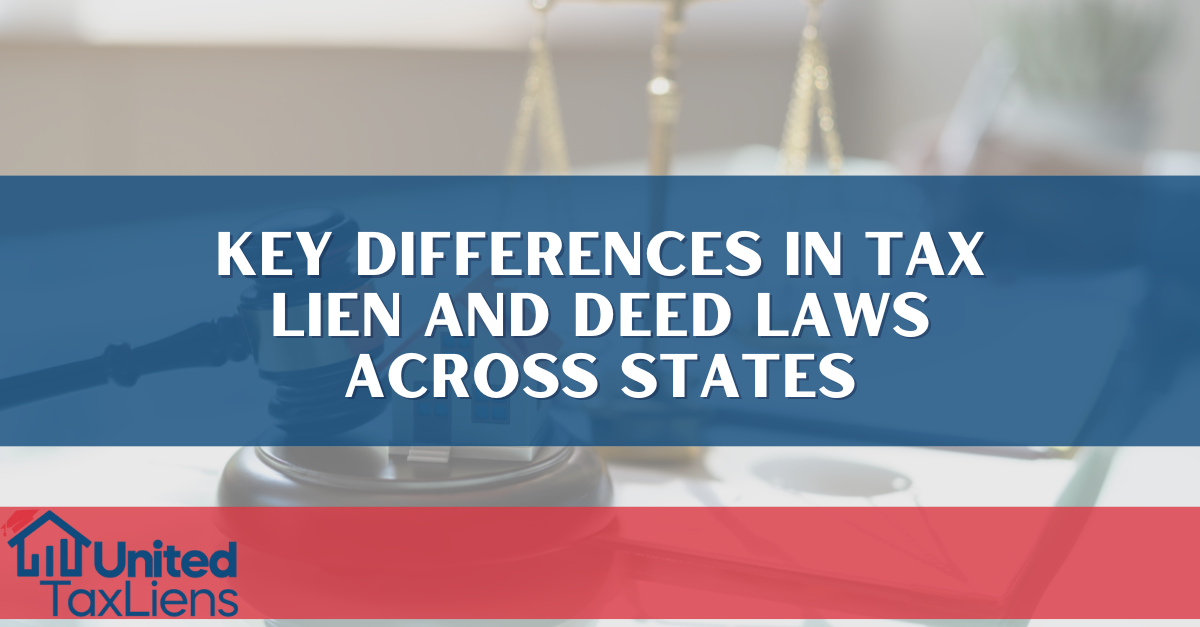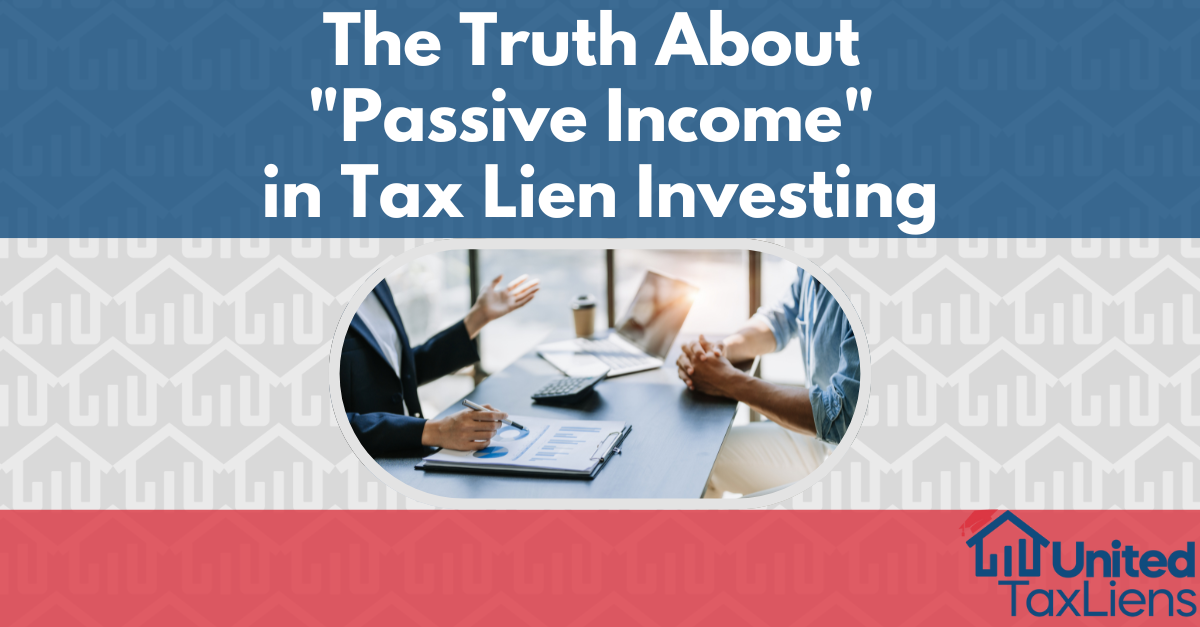
One of the first steps in tax-sale investing is recognizing whether you’re buying a lien certificate, bidding on a deed, or operating in a hybrid market. In tax-lien jurisdictions—about two dozen states plus Washington, D.C., you purchase a lien that earns interest until the delinquent owner redeems. Tax-deed areas take a different approach, auctioning the property itself so that winning bidders acquire title (subject, in some cases, to a brief post-sale redemption right). Hybrid markets let you have the best of both worlds: you can acquire a lien and, if it goes unredeemed, convert that lien into full ownership. Knowing which system you’re in shapes everything from your bidding strategy to your expected timeline.
Redemption periods can range from a matter of months to several years, and that variation directly affects your liquidity and risk profile. In a handful of lien states redemption windows may be as short as six months, while in others you might wait up to three years before the owner must repay. In deed states the waiting game often disappears, though places like Texas still extend redemption rights, six months on non-homesteads, two years on homesteads, before title is beyond challenge. If you’re after predictable, steady interest you may be willing to park cash for longer; if you prefer quicker turnover, deed sales or short-window lien states could be a smarter play.
Returns in certificate states are capped by statute, so you know the maximum annual yield up front. Florida’s ceiling sits at eighteen percent, Iowa’s at two percent per month (roughly twenty-four percent annually), and in Colorado your return mirrors prime rate plus nine. Deed markets generally swap an annual rate for a flat penalty. Texas, for example, charges a twenty-five percent penalty on any redemption. Aligning your target return with your comfort around hold periods will help you avoid disappointment: higher caps often carry longer redemptions, while faster markets may cap you at a more modest rate.
How counties run their auctions can feel like a local sport. Some lien states use interest-rate (or “bid-down”) auctions, where bidders undercut each other’s required yield. Others favor premium auctions, demanding a cash overage atop the certificate amount—the highest premium then claims the lien. You’ll even find sealed-bid contests, bulk-lot offerings, and, in rare counties, lotteries for unsold certificates. Becoming fluent in the local format is crucial, since a misstep in your bidding approach can cost you both yield and principal.
Finally, liquidity needn’t be an afterthought even in longer-term certificate markets. Many jurisdictions allow assignment of your lien to another investor. Florida’s modest transfer fee runs about two dollars fifty per certificate, so you can exit early if the right opportunity arises. Counties also publish over-the-counter lists of unsold or county-held certificates, giving nimble investors a first crack at full-rate certificates without sitting through an auction. By weaving together system type, redemption timeline, rate cap, auction style, and secondary-market options, you turn what looks like a passive strategy into a finely tuned, semi-passive engine. Fire up your spreadsheet, set those calendar reminders, and let the tax-sale auctions begin!
This blog is for informational purposes only and should not be relied upon as financial or investment advice. Real estate investing carries risks, and individual results will vary. Always consult with your team of professionals before making investment decisions. The authors and distributors of this material are not liable for any losses or damages that may occur as a result of relying on this information.







